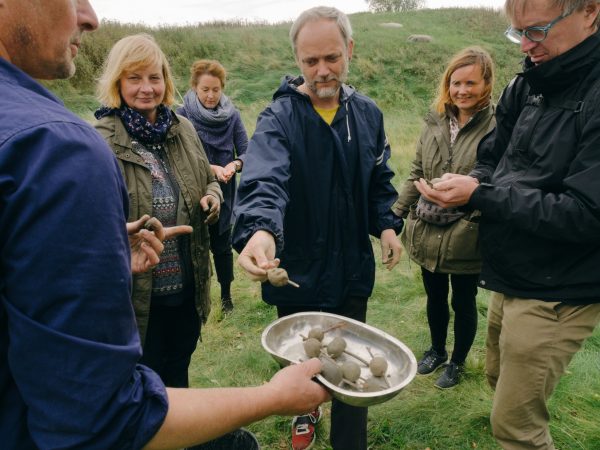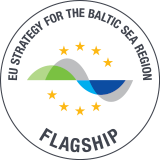During the project, there were numerous urban labs organized. The aim of was to engage in a joint BSR learning experience, to co-develop Urb Cultural Planning (UCP) models relevant to addressing different societal challenges in the BSR and to diffuse the UCP approach into wider audiences.

Each Lab had a topic, connecting BSR societal challenges and cultural planning methods relevant to them. Such challenges identified were: inclusion, participation of children and youth, deflection of nature in planning, question of urban social inclusion/cohesion etc.. It also related to coping with the silo thinking of administration and rigid bureaucracy hampering (sustainable) city planning. The Labs addressed both needs of communities in medium-large cities and smaller towns in the BSR.
Specific tools in the UCP process were highlighted: cultural mapping, cultural visioning, role of urban space and creative spaces, stimulating local social innovation, gaming as a tool for community innovation, children and young people, community/project management, local cultural and green tourism, developing circular and sharing economies, creative bureaucracies. Hence the Labs instead had a focus on models of how UCP methods in different ways can address a specific societal challenge rather than on models specifically adapting and unfolding UCP methods themselves.
Conducting a Lab was an opportunity for local partners to become visible in their region as a stakeholder in the cultural planning field, but a transnational value and participation was also added to expand the knowledge of UCP approach among partners and give it more important statement. Of course, the inability to gather audiences in present due to covid restrictions was also the main challenge for labs in 2020 and 2021. To solve this, various formats were used, including online or hybrid labs; most of time it actually helped to gather larger amount of participants.
The output of activities i.e. the implementation of labs has created knowledge documented in the UCP toolkit. In addition, they have also served to develop a network and essential relationships, which are a prerequisite for the emergence of the “Hubs of Cultural Planning” – the continuation of our project to be sustained beyond the time-frame.
Article composed with help of our partner, Heinrich Böll Foundation.








